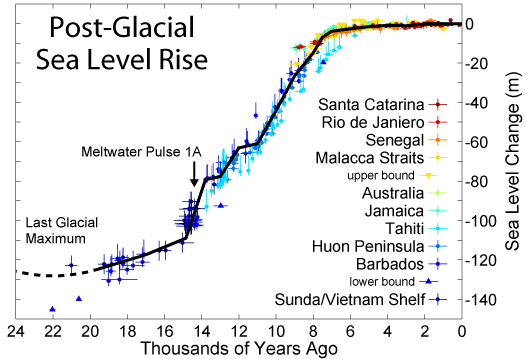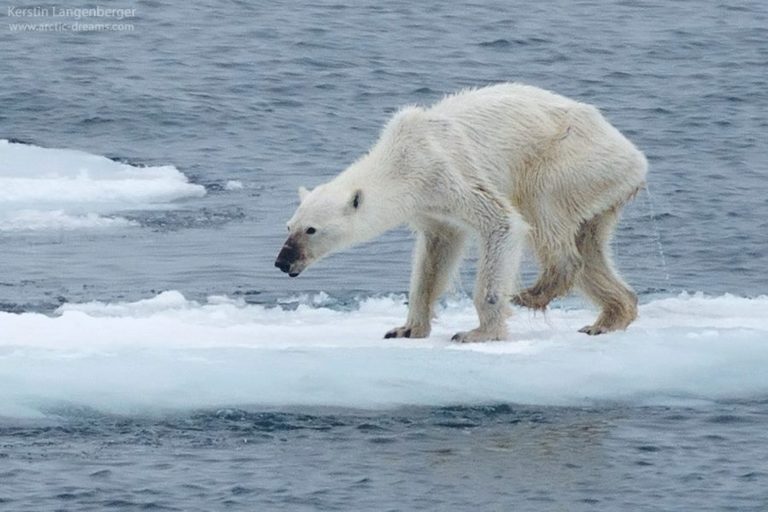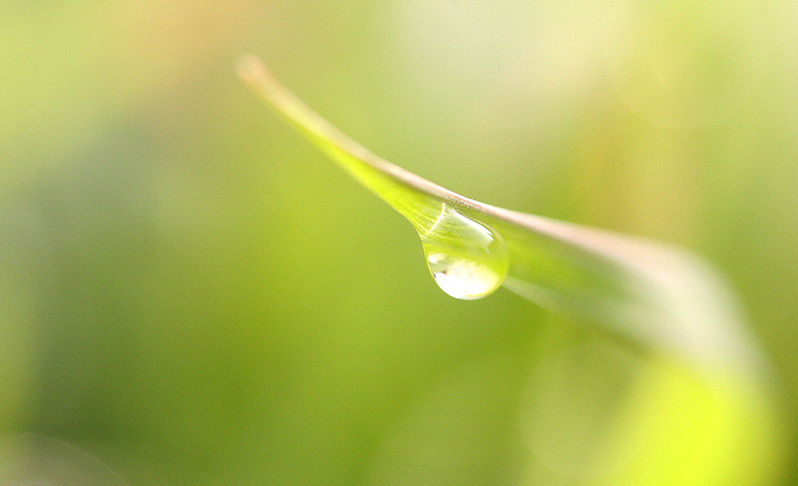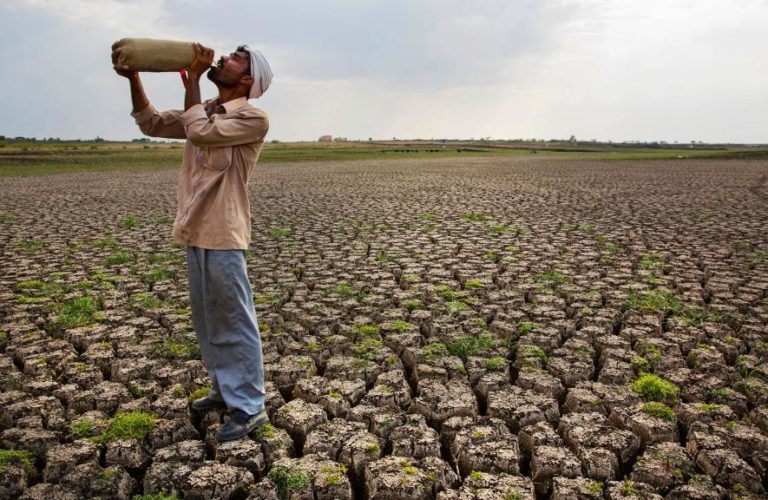It is well past the time where we need to get an uncomfortable truth out into the open. Not all supposed “green investments” are good for the planet. In fact, money invested into some very large “sustainable” projects support some of the most destructive activities currently being perpetrated upon our environment. The great majority of these include efforts to produce “renewable” energy using farm land which compromises our ability to feed our population, or projects that directly threaten our bio-diversity through habitat destruction. It is one thing to claim ignorance when you live in an Orwellian society where deceptive half truths and cruel manipulations of language are used to confuse and misdirect the innocent. It is quite another thing however, when sincere, well educated environmentalists lie to themselves as to the validity of the projects they invest in as being “good for the planet” when they are anything but. So if your aim is to truly invest in projects that are crucial for the survival of future generations and your wish is to leave to your children a planet that comes close to resembling the one you grew up with, this article is for you.
Rainforest Destruction


Currently, investment money is pouring into the developing world from China, the EU, and the United States in order to purchase or lease land for farming efforts. In the last two years, an area larger in size than France has been scooped up in Africa alone for just this purpose from unsuspecting, short-sighted, and cash strapped governments. This investment is occurring out of a need to replace food production from failing agricultural systems at home, or plans to harvest fuel from oil and sugar rich crops in the form of bio-diesel and ethanol. What we are seeing is a repetition of a bankrupt approach that has caused food prices to skyrocket globally as supplies are pinched, while extending the process of habitat destruction world-wide as we raze pristine, bio-diverse forests to make room for additional farming space.Additionally, we are continuing to victimize the third world as we systematically negotiate away their future ability to feed their populations or grow their economies, while using profit creation and the mismanagement of our own native resources as our excuse.
Hedge Funds


Under these criteria I would challenge the use of valuable farmlands and bio-diverse forests for the creation of crops that support fossil fuel production. It is clear that using food crops for the production of ethanol, or raising massive plantations of crops like oil rich Jatropha on prime soil are counter intuitive as it reduces our food supply. The real problem is that it is profitable in the short run, so we continue to expand these types of projects.
The same can be said for utilizing these same lands by implementing outdated agricultural practices which drain regional water resources, deplete the soil of nutrients through massive over production, and transform formally sustainable ecosystems into fertilizer dependent produce factories. This policy has failed miserably in the developed world as they have overburdened the natural ability of the land to support crop production. Now we plan on exporting that same ill conceived policy to the third world. One dictionary defines stupidity as doing the same thing over and over expecting a different outcome. Clearly we need to find another path forward to deal with these limitations.
Ethanol


agricultural based energy sources and make those current methods of harvesting power somewhat outdated. None of these newer applications impact our current food production globally nor do they require us to devastate the last of our pristine bio-diverse regions in an effort to resolve these challenges. That would be reason enough I believe, to alter our present course of utilizing these resources in such an ill conceived and destructive manner. It is clearly not in our best long term interests as the damage we do now will have a permanent impact on those ecosystems.
Secondly, food production technology is also on the verge making a giant leap forward. New protocols and technologies are allowing us to redirect how we raise produce and manage the nutrient content which goes into our food. To make food production sustainable for our oversized population, it will be a requirement that more food be grown locally, and a great deal of our produce will have to be grown indoors. Raising food in controlled environments allows you to manage the amount of water used, nutrient content, and overall health of the crop while increasing growth density far beyond what is currently produced on conventional farms. Also, with food prices going through the roof, it has now become quite profitable to grow produce this way. So why are we seeing so little investment into this better, more efficient and ultimately necessary way of raising our fruits and vegetables? Again, it is counter intuitive.
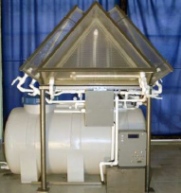



When we are finished killing off all of these life forms, and future generations look back at the ignorance and short-sighted greed that allowed this tragedy to take place they will surely condemn us. When the Romans burnt down the great library of Alexandria in ancient Egypt, all the combined knowledge of the previous 7,000 years of human development, unique and brilliant, was forever lost. Some of the works of the greatest engineers and intellectuals in our history, as well as documented details of our past and the developmental roots of our shared human experience were obliterated. Those losses, and the ignorance that allowed that to occur will be a small foot-note in history to the damage we are currently inflicting on our future through our current course of action (or inaction).


We need to define rules for ourselves based on common sense that dictates the parameters as to what is, and what is not a good investment for our future. Profit must not be the overriding criteria to that decision making process however much it may be essential to any investment or project concept. If we invest in the right technologies and efforts the world survives in a state similar to the way we experienced it during our lifetimes and our children get to eat in the future. If we don’t, there will not be walls high enough to protect our future generations from the dark days we will leave them as our continuing legacy.


